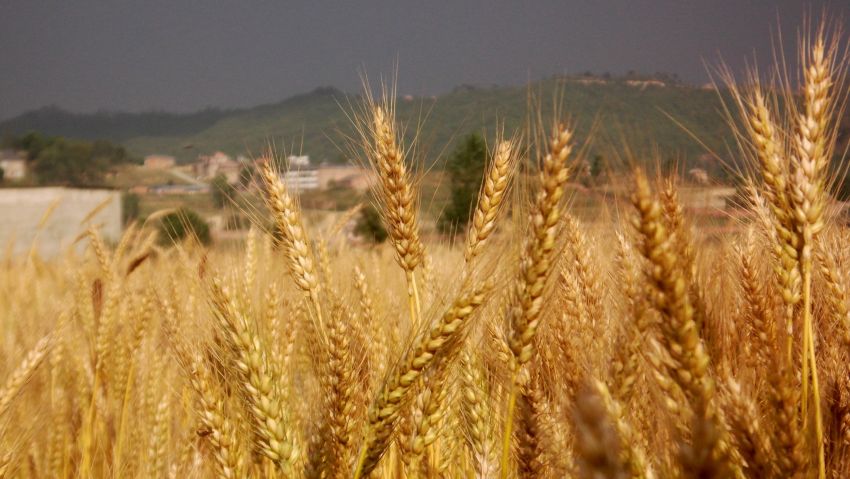
This should have been a big story in the mass media, but the over-the-top, obscenely adulatory, drown-everything-else-out coverage of Queen Elizabeth’s death guaranteed that it wouldn’t.
Oxfam released a report on September 15 showing that acute hunger has more than doubled in the world’s 10 worst climate hotspots — Afghanistan, Burkina Faso, Djibouti, Guatemala, Haiti, Kenya, Madagascar, Niger, Somalia and Zimbabwe — from 21 million to 48 million people, over the past six years.
These 10 countries account for just 0.13% of global carbon emissions while the wealthy G20 countries account for 76%. They are the most vulnerable to climate catastrophes and the least able to cope with them.
The report found that “leaders of rich polluting countries, mostly in the global industrialised North, continue to support fossil-fuel companies that despoil the environment for a massive profit — one that often funds their election campaigns”.
“The oil and gas industry has enjoyed staggering profits as they wreak havoc on the planet — amassing US$2.8 billion a day (more than $1 trillion per year) for the past 50 years.
“Less than 18 days of those profits would cover the entire US$48.82 billion [United Nations] humanitarian appeal for 2022.”
These shocking statistics predate the war in Ukraine, which has since disrupted wheat supplies. But corporate greed compounded even that supply shock.
According to Éric Toussaint and Omar Aziki in The Bullet: “Huge speculation on cereal markets [began] as soon as Ukraine was invaded by Russia.”
“Prices of wheat and corn increased by almost 50% within two weeks while at the time there had not yet been any destruction of production or supply problems.
“It was sheer speculation on the part of private corporations stocking up cereals (including future crops) on stock markets (the main one being located in Chicago). The price of rice also increased, though less steeply. Supermarket corporations immediately increased food prices without any reason.”
It’s an all-too-familiar story, mirroring the shameless profiteering of the oil and gas companies.
But corporate profiteering in food has immediate deadly consequences for the one in 10 that are permanently hungry.
Corporate greed is also diverting a growing proportion of global cereal production away from feeding people. Toussaint and Aziki point out that 30% of the rise in world cereal production over the last 50 years has been devoted to the development of industrial uses for cereals and 35% fodder for farm animals.
Global food production has increased more rapidly than the world’s population for more than half a century but it is not going to feed the 2.3 billion people (29.3% of the world population) that experience moderate or serious food insecurity, according to the Food and Agriculture Organization of the United Nations (FAO).
The FOA estimates that 70% of the world’s food is produced by small family farmers but punishing debt and the dictates of agribusiness conglomerations often means these producers themselves experience hunger and malnutrition.
“A handful of transnational corporations control the cereal market, thus forming an oligo-pole, and constantly increase their profits and their assets to the detriment of the interests of the people,” explained Toussaint and Aziki.
“On a global level four corporations, three of which are US companies and the other is French, control 70% of the international cereal market. They have a fundamental influence in pricing and supply. They are Archer Daniels Midland, De Bunge, Cargill and Louis Dreyfus, often referred to as ‘ABCD’.”
The deadly twins of corporate greed and climate crisis, and the global food crisis this has created, has forced an additional 260,000 children — or one child every 60 seconds — to suffer from severe wasting since the start of this year, according to the United Nations International Children's Emergency Fund.
However, there is much worse to come as the world races to exceed 2°C warming and another 720 million people face being thrown into extreme poverty.
Green Left points out that to end hunger the world desperately needs to be liberated from capitalism. If you agree with this, you can become part of the solution by becoming a supporter or making a much-needed donation to our Fighting Fund.